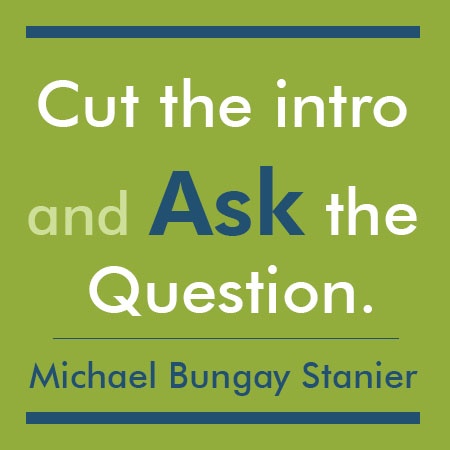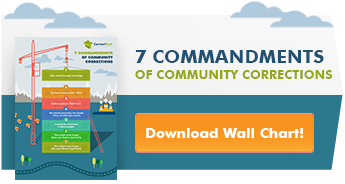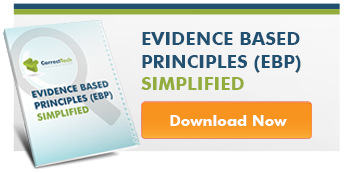After cutting through the fog of small talk and vague concerns with the Kickstart Question and a series of And What Else? questions, you have narrowed the focus. Perfect. Time to fix it, right? Wrong. It is time to slow down your urge to believe your brain that you know the problem and have the solution. Narrowing the focus is different than specifically defining the problem. You are getting closer but aren’t there yet.
The third question in Michael Bungay Stanier’s The Coaching Habit: Say Less, Ask More and Change the Way You Lead Forever is the Focus Question. “What’s the real challenge here for you?” We’ve addressed the danger of the Advice Monster in a previous blog and it is most likely to attempt to take over the discussion here. Your frontal lobe is now convinced it fully understands the issue and the advice monster is eager to do its bidding. The Advice Monster impulsively disagrees with a basic tenet of therapeutic intervention; It is our job to expose the client’s values and desires, not to impose our values and desires. Unsolicited advice is an attempt to impose our values on a client. You are in good company. We all have that urge. Instead, let’s find out what the real challenge is for them at this moment.
Read More






